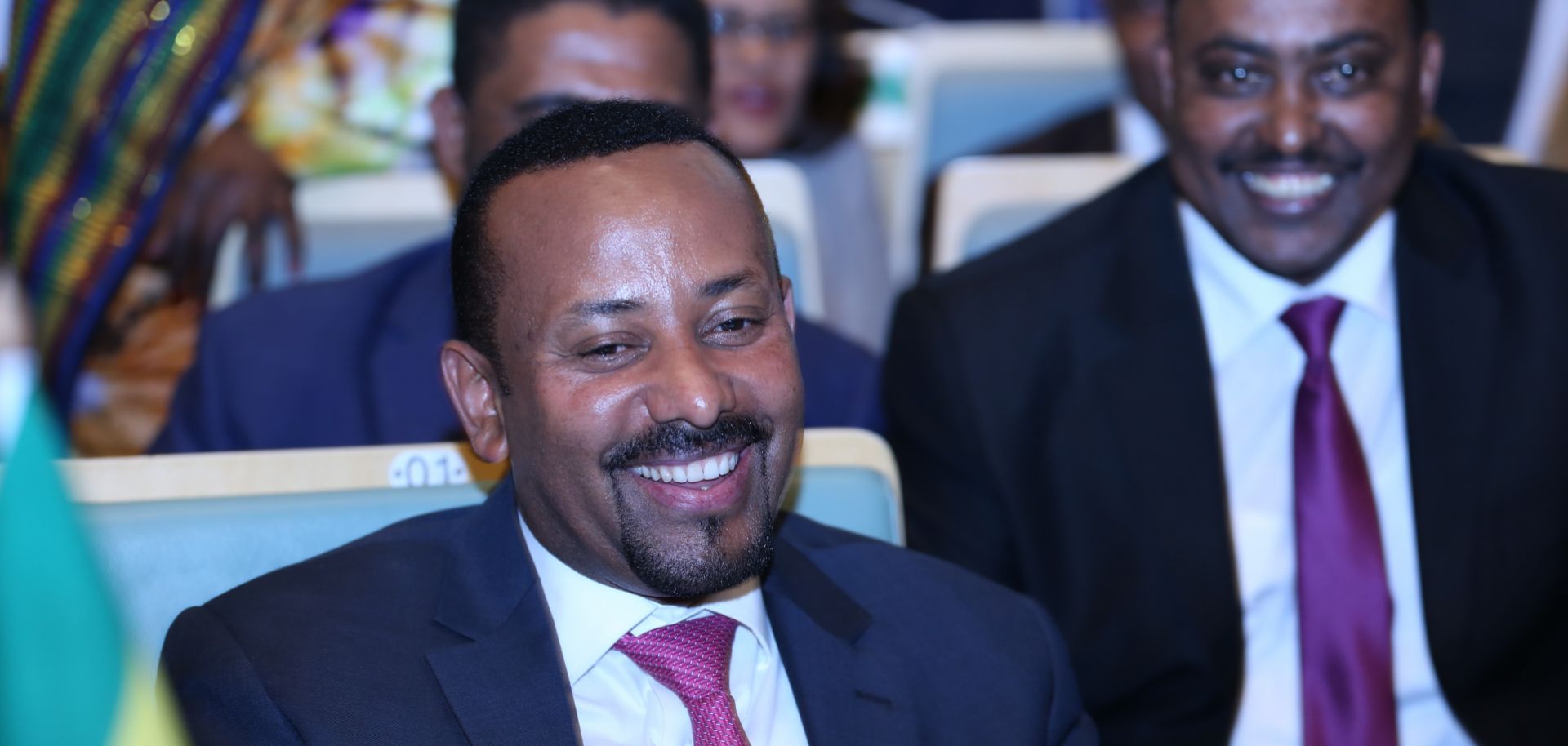ASSESSMENTS
Is Abiy's Liberalization Push Too Much, Too Soon for Ethiopia?
Jun 26, 2019 | 10:00 GMT

Ethiopian Prime Minister Abiy Ahmed attends a meeting with African leaders in Addis Ababa on Jan. 17, 2019.
(Minasse Wondimu Hailu/Anadolu Agency/Getty Images)
Highlights
- Despite receiving wide praise, the liberalization of Ethiopia's political and media environment over the past year has also opened the door for more hard-line regionalism and ethnic violence, challenging the country's power structures.
- With promised free and fair elections slated for 2020, Ethiopia's ruling coalition will struggle to maintain power in key regions, possibly endangering Prime Minister Abiy Ahmed's standing.
- Nevertheless, democratic elections — whenever they are held — will help give legitimacy to the country's next leaders as the current political order erodes.
- Meanwhile, Ethiopia's acute shortage of foreign exchange, along with rising inflation and widespread unemployment, will also pose a formidable threat to the country's long-term economic and political stability.
Subscribe Now
SubscribeAlready have an account?
